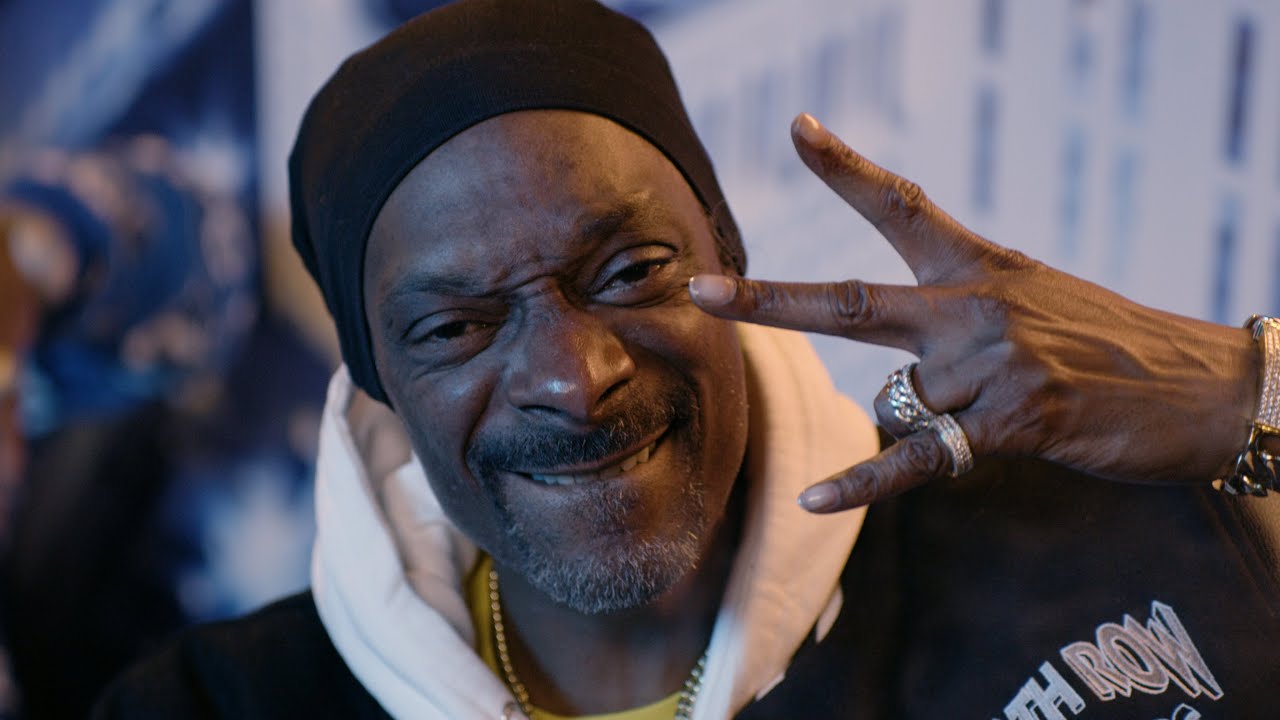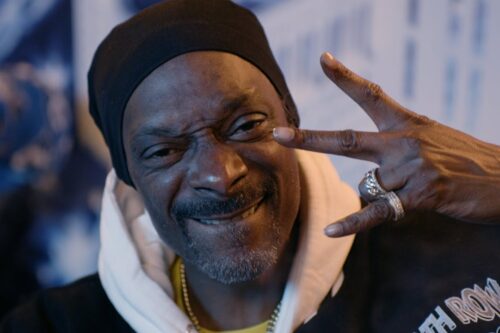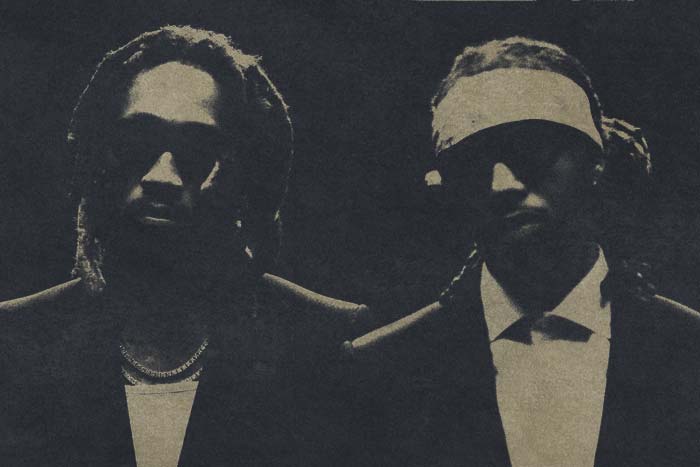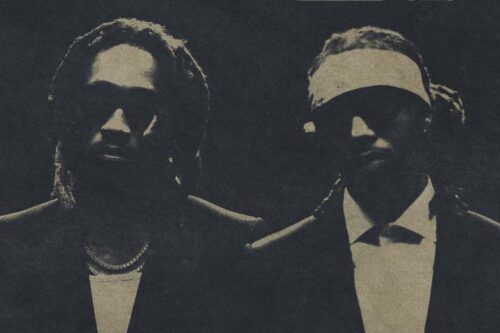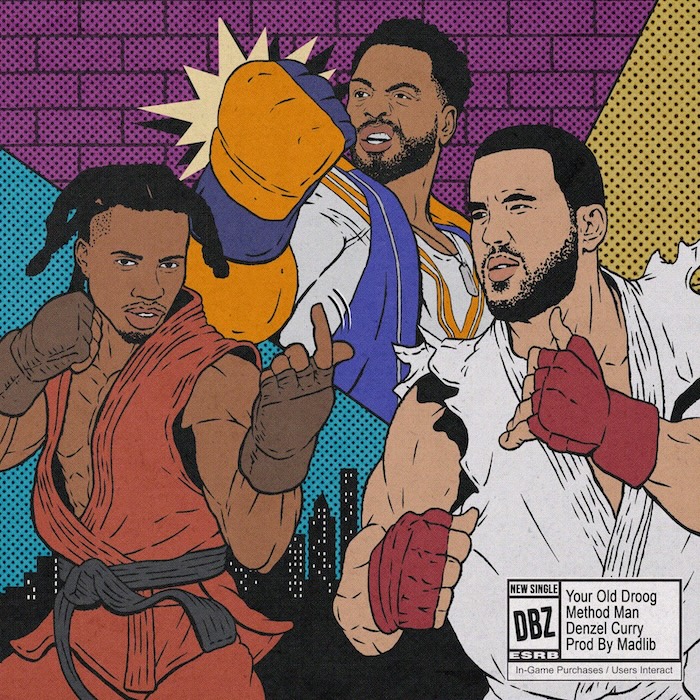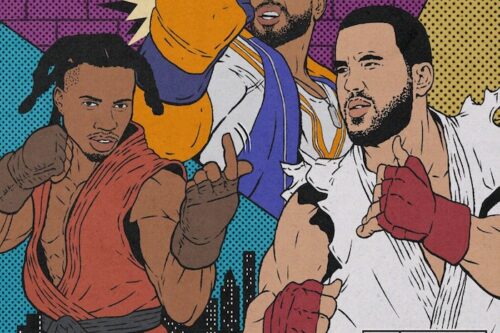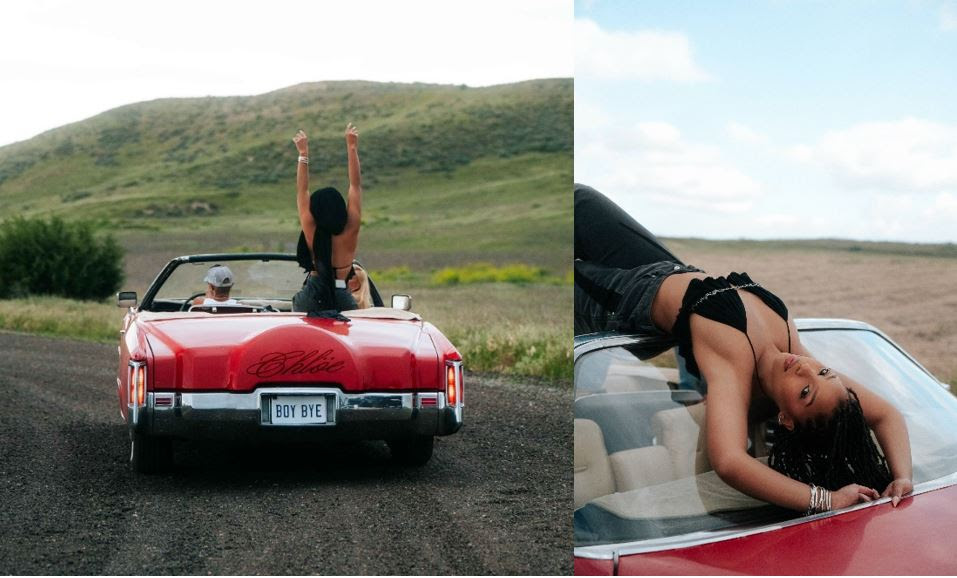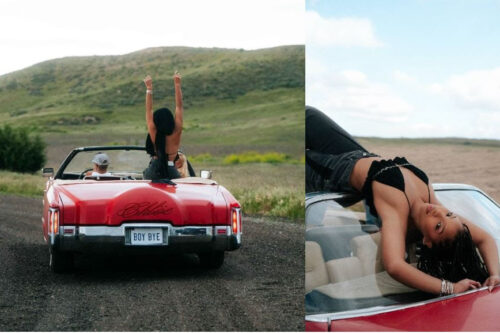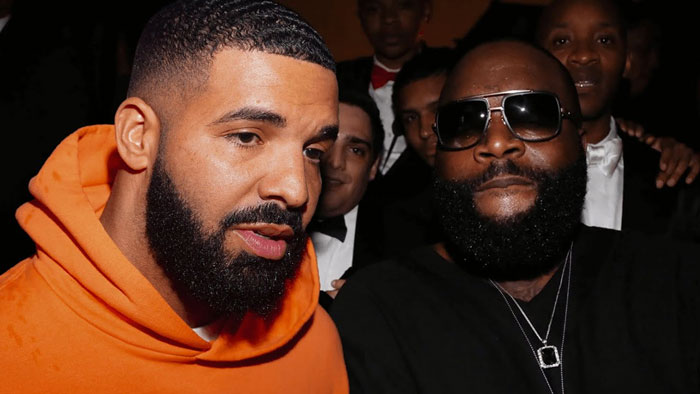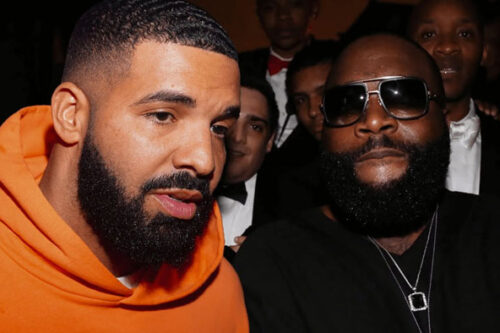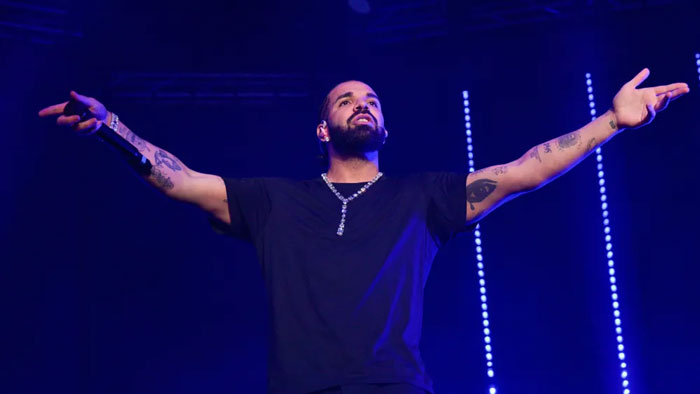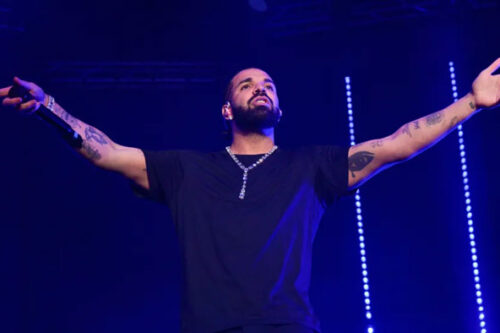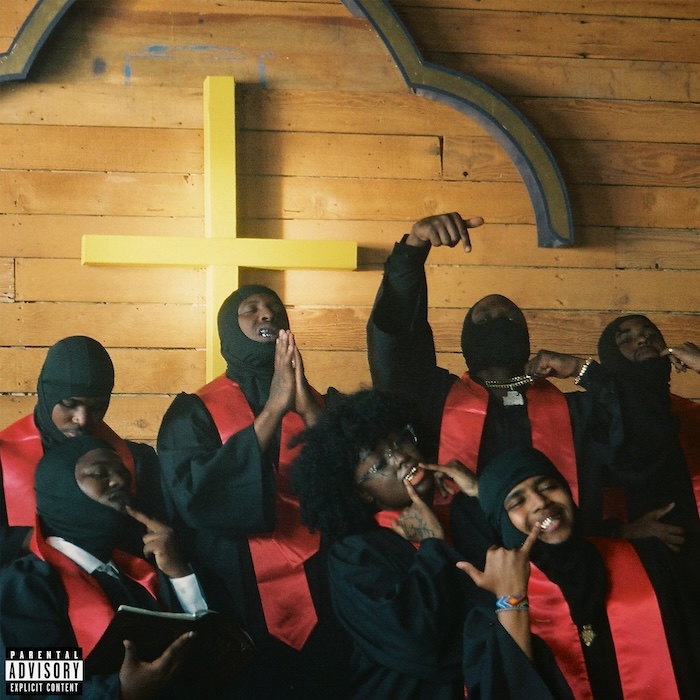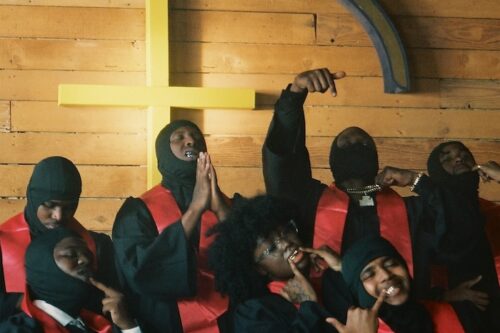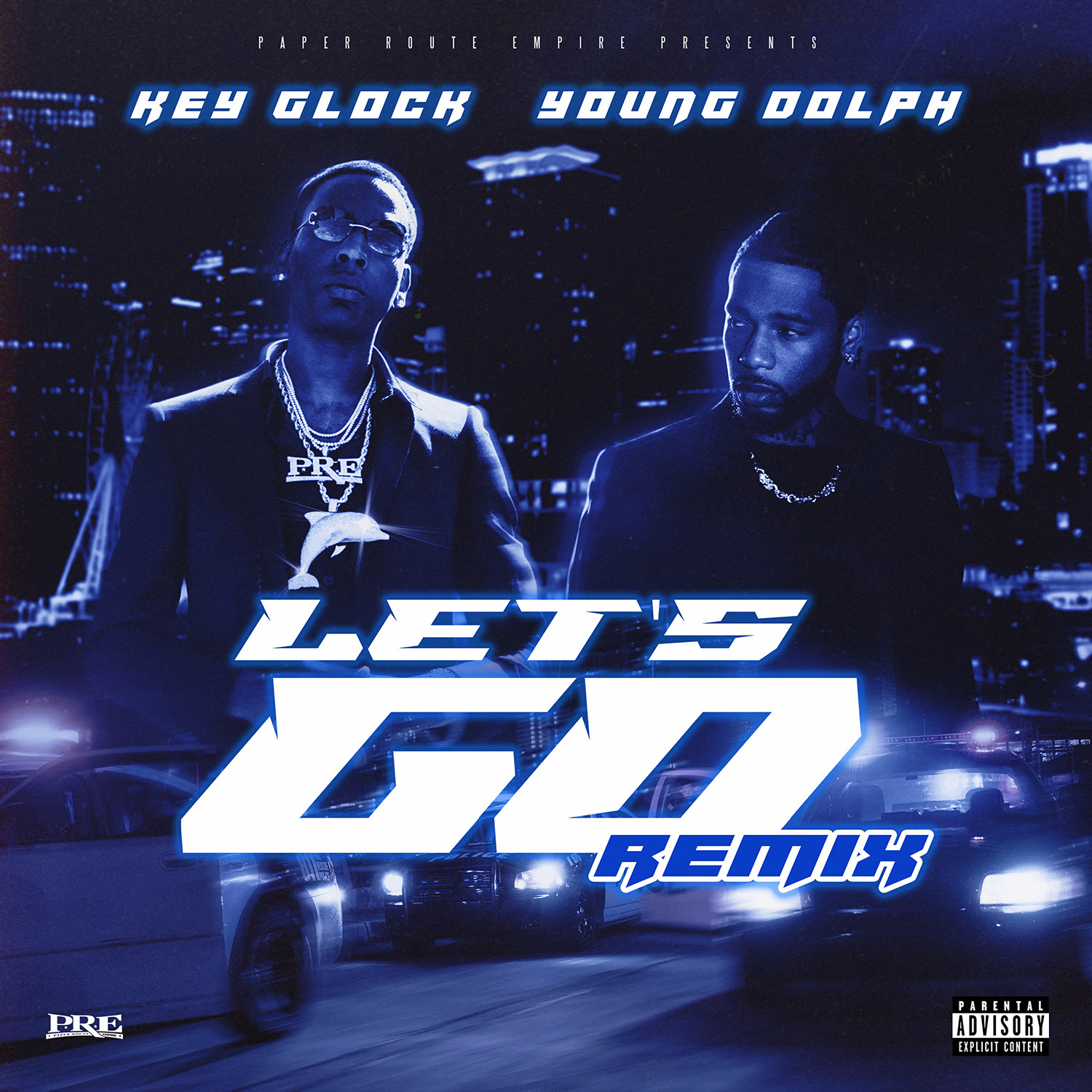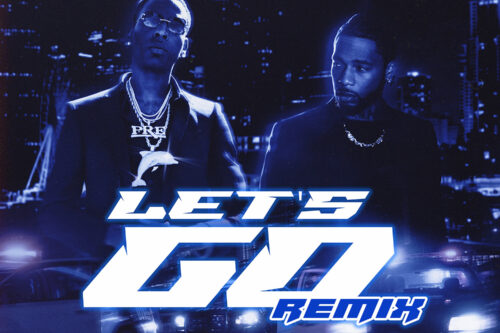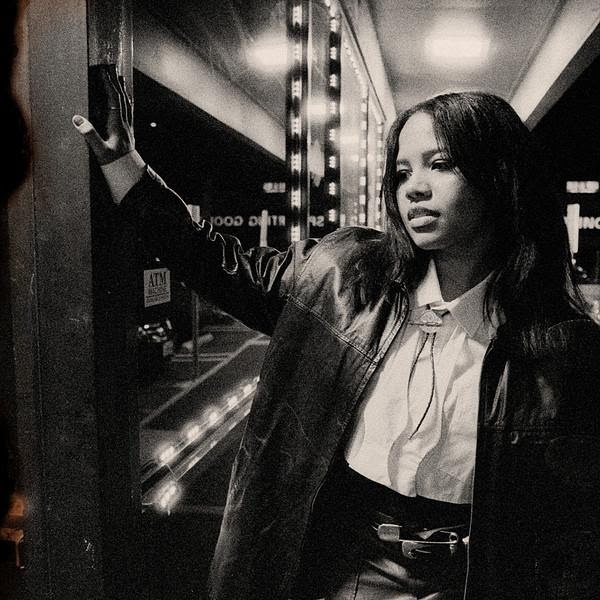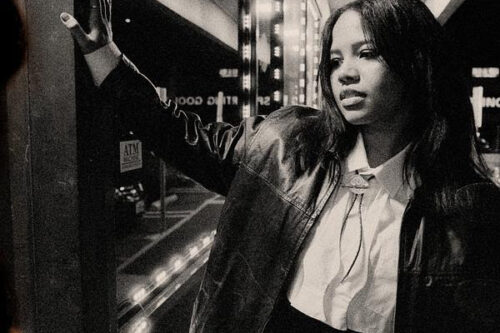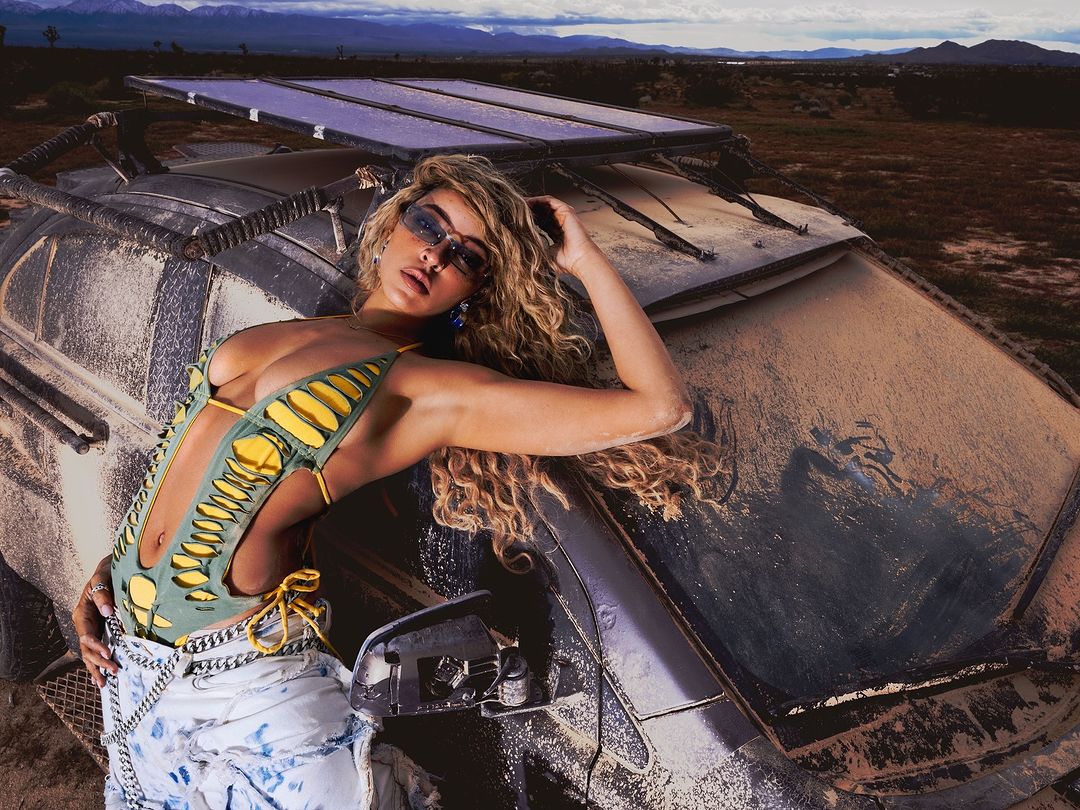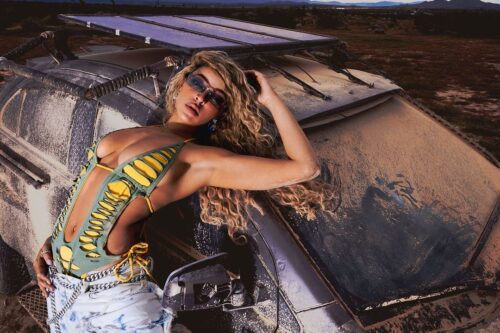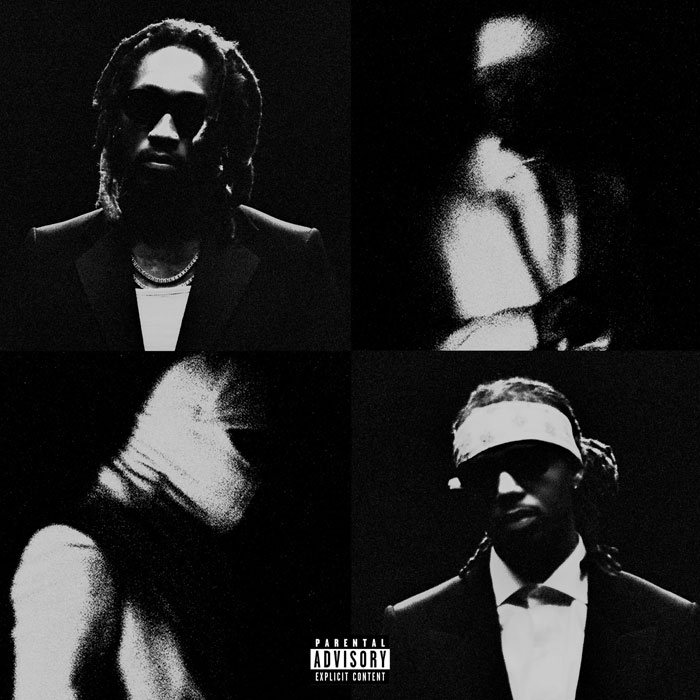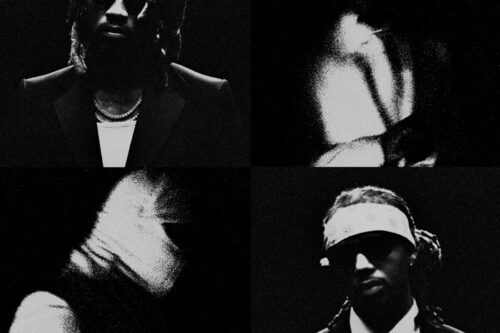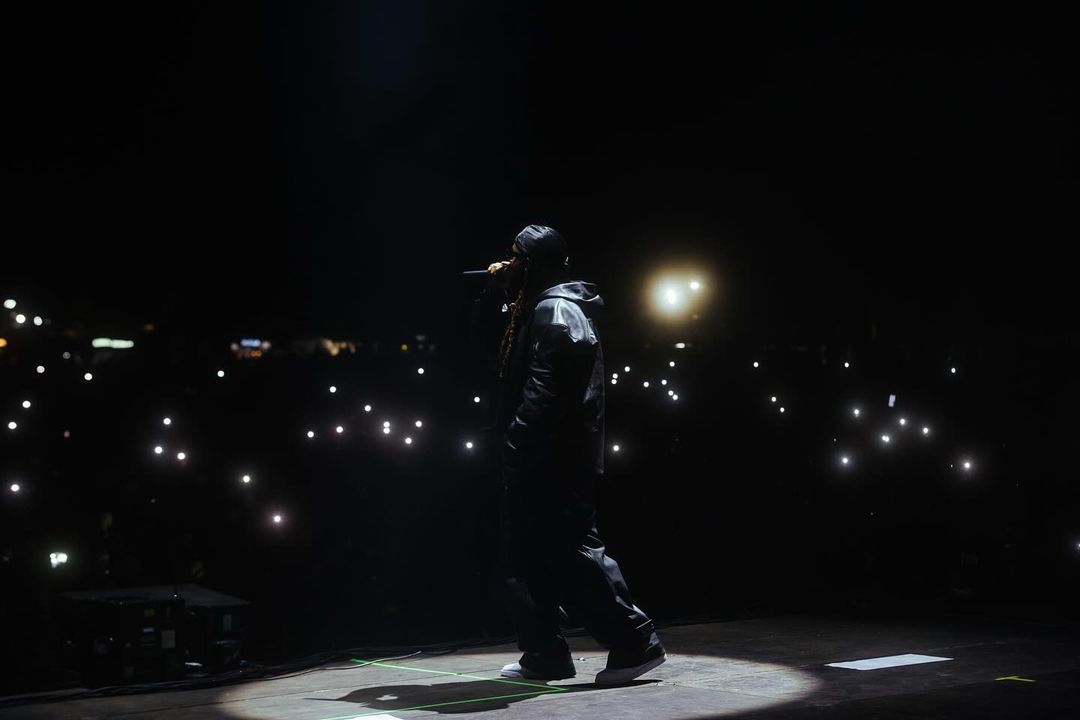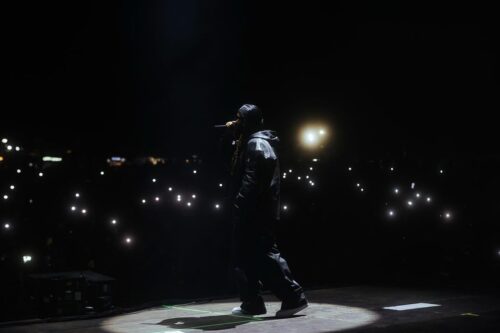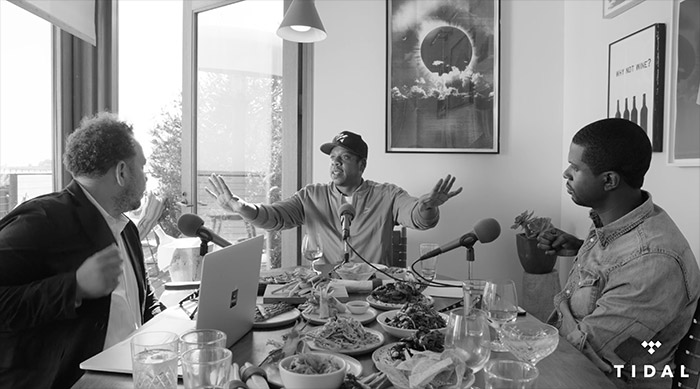
Instead of delivering another video from 4:44, JAY-Z follows “MaNyfaCedGod” with his first interview since the album’s release, on the Rap Radar podcast.
During the in-depth sit-down, Shawn speaks on opening up more throughout the album in contrast to “sprinkling it on a couple songs,” the process of creating 4:44 with No. I.D (work on the album began as early as October of 2016, and recording began in January 2017), the money phone lyric on “The Story of O.J.” (which pissed off a variety of rappers), Spotify and TIDAL, and even quipped about buying three pairs of Lavar Ball’s $500 Big Baller Brand sneakers. He even revealed that there were some songs that didn’t make the album, including one called “Black Gold.” A key moment of the podcast, however, is when he opens up on the rift between him and Kanye West.
“His name is there because it’s honest and it’s truthful of what happened,” Jay says. “The whole point is, ‘You got hurt because this guy was talking about you on stage.’ What really hurt me was, you can’t bring my kids and my wife into it.
“Don’t talk about anyone’s kid onstage. It’s too much energy. You give room for anybody to comment. Our children are already in this place where they are affected by our celebrity. Don’t go doing something that allows people to pit us against each other and talk about my child or even his child. Don’t do that.”
For those lost, Jay is referring to Kanye’s rant during the Sacramento stop of his Saint Pablo Tour from last November.
“Kanye’s my little brother. He’s talked about me a hundred times. He made a song called ‘Big Brother.’ We’ve gotten past bigger issues. But you brought my family into it and now it’s a problem with me. Now, it’s a real, real problem. And he knows it’s a problem because me and him would have been talked about it, we would have been resolved our issue, but he knows he crossed the line. I know him. He knows. Not only does he have to know, I know he knows because we never let this much space go between one of our disagreements and we’ve had many. That’s part of who we are. That’s what I like about him. He’s an honest person. He’s open and he’ll say things and he’s wrong a lot of times but we’ll confront it.”
The conversation has yet to be had, but Jay says it will happen at some point. Hopefully the rift can be resolved.
Clocking it at just over an hour, the interview suggests it’s Part 1 of a multi-part series. Watch (if you have a TIDAL membership), or listen (if you don’t), in its entirety below.
UPDATE (9/6): The video is now available to all via YouTube.
A couple songs were left on the cutting room floor.
“There was a song called ‘Black Gold’ and ‘Part 2,’ another song, which was the response to ‘Kill Jay Z’ before ‘BAM’ came in. It had this beautiful Al Green sample.”
On the misinterpretation of the “money phone” line…
“I didn’t even tell people to stop using the money phone. I didn’t say that. It doesn’t say that anywhere. I had to listen again. How is this being misinterpreted. I just said it ain’t money to us. It ain’t. That’s just an honest statement. Money to us is me and my three friends on the floor in Golden State. Not because the seats are expensive but because that’s what we’re doing here. You never seen that. Or building brands and pushing them forward. That can’t be the end-all. That can’t be our goal, to get money and show it on the internet. That’s some corny shit. You can do it. I’ve been saying it. ‘Chains is cool to cop, but more important is lawyer fees.’ That’s my first album. I’ve always been trying to give people game. Here, learn from my experiences.
“I want the youth to do better. I want them to go further. I wanna look back and say ‘man, they took the paton and look what they did with it.’ And that’s not the answer. That will lead to tax problems and you’re not gonna be around forever. Yes, have fun. I’m not the fun police, but that can’t be it. That was the message I was conveying.”
On the quality of his vocals…
“It was just how it turned out. A lot of the time I was just cutting inside the room to a handheld (Guru could tell you the name *laugh*) and shitty ass mics. I was sick, I’m rarely sick, and was recording. It gave it a vulnerability on its own. These things were just happening, as far as the vocal production. I was just doing it. Trying to get that idea down, and then just leaving it the way it was. That’s why it’s not so polished. Somethings are out of pocket, behind the beat sometimes. I left the shit the way it was — in it’s purest form. Like a conversation. You don’t put a conversation on beat. I know where the beat is, obviously, more than maybe anybody in history.”
No, he’s not dissing Future…
“That doesn’t make any sense. We just did a song together. I don’t have any problems with him. I don’t have a reason to try to embarrass him. It was just a rap thing. We’re so sensitive with rap, too. We’ve got to a place where you can’t say anything without apologizing.
“I thought about that line. I thought about hip-hop and I was like, I really don’t mean malice. What I mean by that is, the way his situation plays out because he’s such a public figure, mine would have played out that way and maybe four times more. His child is in a loving environment from what I see, I don’t know. I’m not discrediting step pops in the whole world. It was just a line to say, ‘That could happen to me in my future.’ Just so happened, his name was Future, and then I just made a scheme out of it. I didn’t mean any malice, but that’ a genuine fear.”
… or Jewish people…
“It’s hard for me to take any [resistence] serious, because I exaggerated every black image in the world. If even you, as the Jewish community, if you don’t have a problem with the exaggerations of the guy eating watermelon and all the things that was happening… If you don’t have a problem with that, and that’s the only line you pick out, then you are being a hypocrite. I can’t address that in a real way. I gotta leave that where it is.
“Of course I know Jewish people don’t own all the property in the world. I mean, I own things! [laughs] It was an exaggeration, much like that racist cartoon.
“I pretty much said if you want to be good at property and things like that, follow this pattern. It’s almost like saying Kobe Bryant shot a lot of shots. And if you want to be good at basketball, practice, shoot a thousand shots, do what he did. And Kobe comes out and says ‘what you trying to say, every black guy plays basketball?’ That’s how ridiculous it is. Context is everything. And the context of the song clearly outlines what I’m trying to say and the point that I’m trying to say — “you guys did it right!”
On the visual presentation…
“I didn’t want music videos. Each one is like a doc or a short or even the cartoon we made for ‘O.J.’ I wanted it to be an honest portrayal of everything I was saying.
On 4:44 being his most personal album…
“I didn’t wanna just make an album to put out music, it needed to be important.
“There’s a couple things happening. On “You Must Love Me,” it’s 1997, people don’t know the people involved. So when you hear this story you not really attached to the people. You don’t really know them like that, you don’t know my mom. You come to know these characters at this point.
“And then I’ve never been so open for so long. Usually, it’s one song, two songs, three songs on an album. Then it’s sprinkled in other songs. But, for an entire album, to make 10 ‘You Must Love Me’s’ is new. And it kind of makes people uncomfortable.”
The importance of the album…
“I learned more about the people I’ve been around during this process than any other. People I’ve known for twenty years, I’ve found out new things. I guess, what was being said on the album allowed people to open up. This cathartic process, where it’s like ‘ok, you just shared that very intimate detail, let me share this.’
“I knew the album would be special in that way. What happens in the studio usually transfers around the world. I knew “N*ggas in Paris” was a big hit, because when we played it in the studio everyone was like ‘that’s the one!’ Same thing, everyone was so open and honest, talking about real life. That’s when I was like ‘This is more important. This is beyond music. This is gonna be long after the album cycle. We haven’t seen the importance of this album. Until it starts manifesting itself into the culture and society.”
The above highlights don’t even cover a third of the interview. If you’re a Hov fan, press play immediately.

